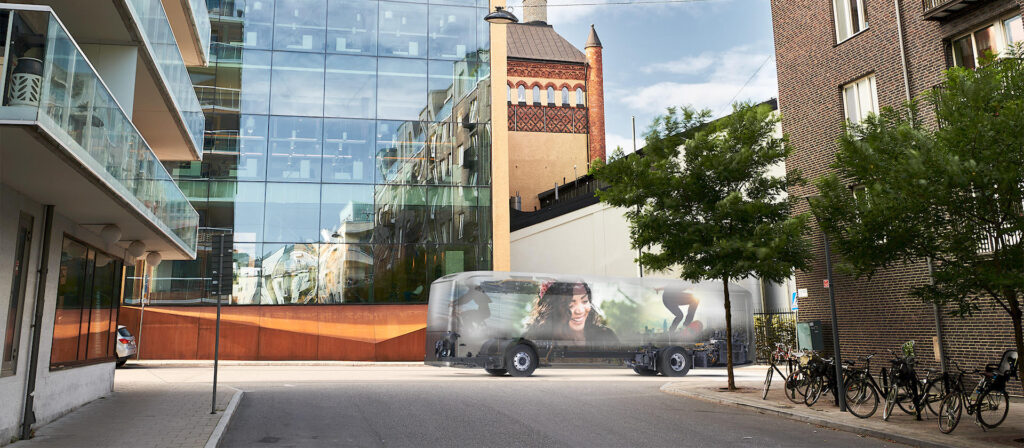Europe’s lawmakers voted in favor of ‘made in Europe’ green manufacturing rules as part of the EU’s Net Zero Industry Act — a first step towards a pan-European industrial strategy. This will boost European support for green tech to counter growing pressure from the US and China and will make the continent’s supply chains more resilient, says Transport & Environment (T&E).
MEPs support a 40% domestic production target for key green technologies, such as batteries. They are also pushing for greater weight to be given to sustainability and resilience criteria in public tenders and support for consumers. However, in the case of electric vehicles, this only applies to the components (e.g. batteries) and not the vehicles as an end product. This limits the impact of consumer support schemes like social leasing, says T&E.
Xavier Sol, sustainable finance director at T&E, said: “Made in Europe green tech rules are the building blocks of a common industrial strategy. This will encourage companies to invest in a green Europe, to the benefit of European workers and the climate. But the EU’s green manufacturing can only be successful if it is beefed up by fresh money. The ball is now in the hands of the European governments.”
Lawmakers call on member states to devote a quarter of their national shares of EU carbon market (ETS) revenues to support clean tech manufacturing. This could unlock €50bn to €70bn in funding for key sectors across the EU, estimates T&E. Battery manufacturing and hydrogen for shipping and aviation will require large initial investments which can be supported by the ETS funds.
However, lawmakers risk losing focus and stretching already small funds too thinly by including a number of different technologies and projects eligible for NZIA support. “If everything’s strategic, nothing’s strategic,” concludes Xavier Sol.
Courtesy of Transport & Environment News Release via email

